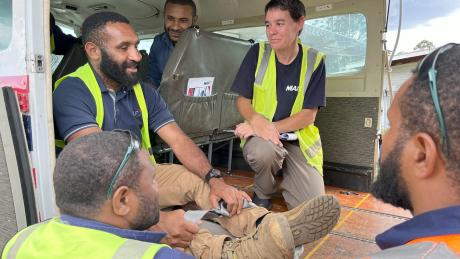
MAF is equipping operations staff with medevac training, ensuring comfort and care for patients from Papua New Guinea’s remote and roadless communities.
Story by Tajs Jespersen
“It’s a matter of life and death for them. It’s whether we go get them, or they stay there and lose their life,” said Vincent Nindipa, a flight programmer who was one of more than a dozen staff who completed the medevac training.
“When I hear what they say on the phone, it really pushes me.”
As a flight programmer, it is Vincent’s task to coordinate medevacs, talking to health workers, doctors and pilots. The urgency of these missions drive him to coordinate swift rescues, delivering life-saving aid to sick and injured people in remote communities.
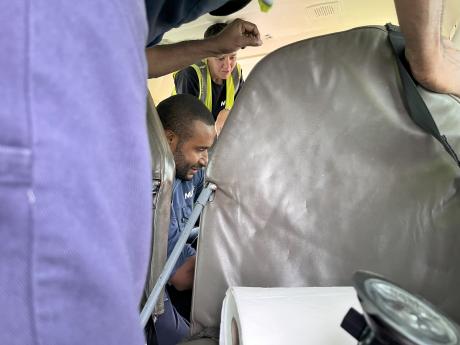
The training had a big impact on Vincent, who has become more committed to serving the isolated people of his nation.
“During this training, I felt how it really feels to do medevacs out in the bush or when you bring patients back to our bases. It was an exciting experience,” said Vincent.
To have this feeling of being a patient, when you need help
Vincent gained useful knowledge and practical skills that enable him to support communities that are cut off from medical care. The training allowed some of the staff to ‘role play’ as a patient. It gave Vincent a better understanding of the vulnerability faced by those MAF serves, fuelling his commitment further.
“To have this feeling of being a patient, when you need help—when you are sick or when something happens to you. The feeling is very different,” said Vincent.
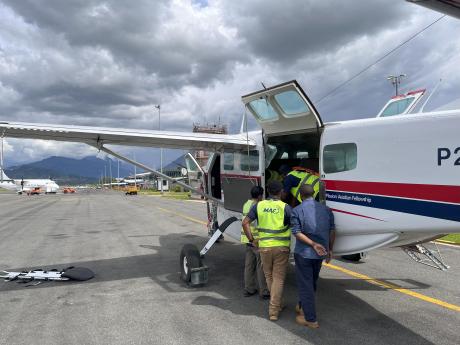
MAF pilot Bridget Ingham facilitated the training.
“MAF PNG logs around 500 medevacs and patient transfers every year, and many need to be flown on a stretcher,” said Bridget.
“The training teaches our staff how to use the specific stretcher equipment that we have at MAF in PNG.”
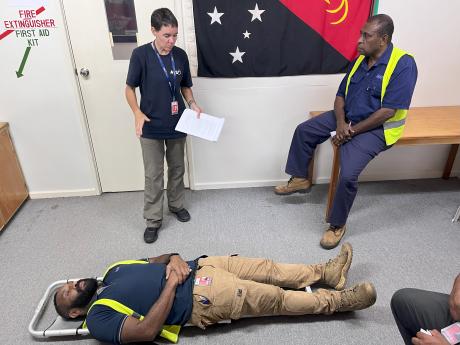
Before Bridget came to PNG, she served as a pilot with MAF in Timor Leste where she flew 90 medevacs in just six months. Drawing on her experience from Timor Leste, she has learned the importance of mastering the stretcher techniques to ensure compassionate care for PNG’s remote patients.
Ground staff around MAF’s various bases in PNG regularly receive patients – many of whom travel on a stretcher. For that reason, Bridget is passionate about teaching ground crews what she has learned.
“Base staff in particular need to know how to operate the equipment and how to care for the patient when lifting a stretcher, moving it and putting it down,” said Bridget.
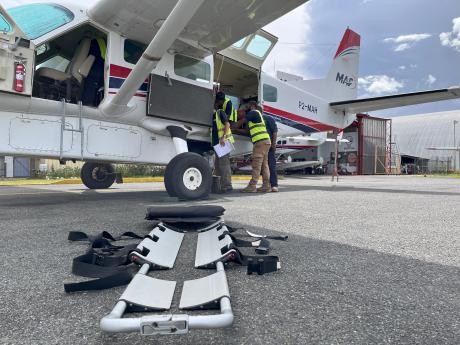
The training embodies MAF’s Christian mission and value of ‘care’.
“I feel really happy because I’m like a good Samaritan, being in that space to provide help for someone really in need,” Vincent said.
His words, echoing the parable of Jesus, continue to inspire the work that MAF carries out among the isolated.